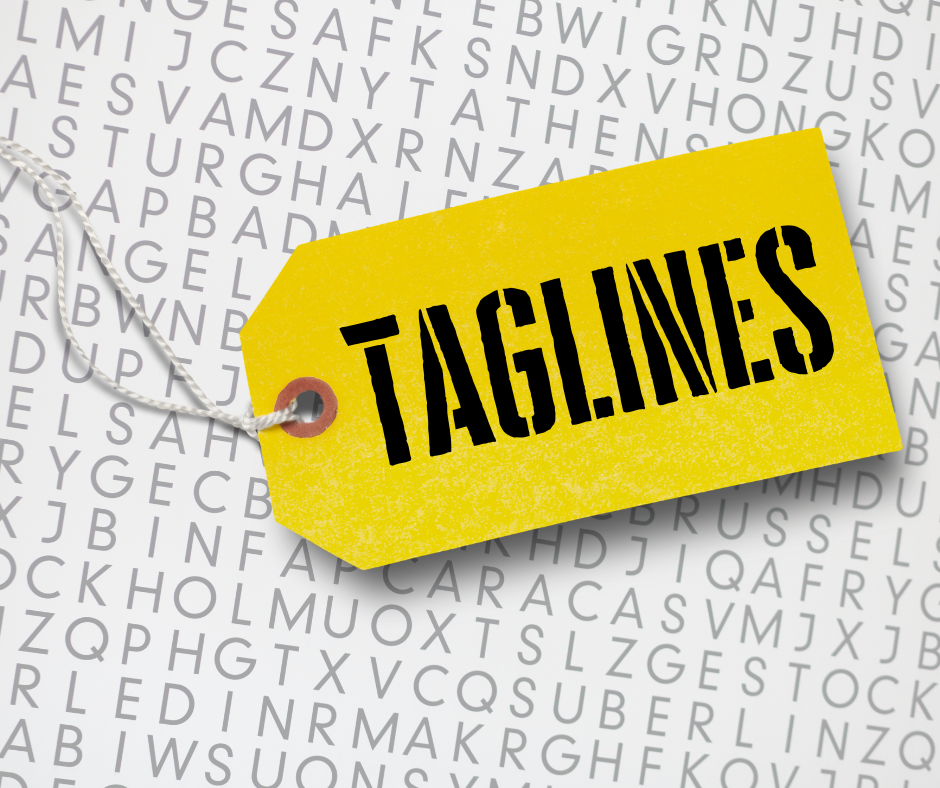$#*! Happens. It's What You Do Next That Boosts or Bashes Your Brand
/After the hiccup
by Seth Godin, Seth's Blog
Most customer relationships don't stumble because something went wrong. Your best customers know that mistakes happen.
It's what happens next that can cripple the relationship.
How we recover from a miss is where the possibilities lie. If you're open, engaged and focused on making things better, the door is open to build a resilient, ongoing partnership. Not just for customers, but for all the people we work with and count on.
Too often, we're so focused on not hiccuping, or so filled with shame and blame when we do that we fail to allocate enough emotional labor to do the most important part–making things right. Not with a refund or a basket of fruit, but by truly seeing the other person, understanding what happened and doing the hard work to move forward.
It was serendipitous that Seth Godin posted this shortly after Rob and I had a wedding celebration for our son and new (wonderful) daughter-in-law at our house. All went swimmingly for the party (well, the weather could have been a lot better) except for two things. One: The wholesale flower company dodged and parried when our 150 stems of peonies were AWOL for a few days and the shipment was marked with a huge red "returned to sender" notification on FedEx tracking. Two: The dessert truck lady ran out of ice cream an hour into her two-hour stop. (Hey, I don't know about you, but dessert without ice cream isn't dessert.)
Both vendors (not FedEx) handled their mistakes exactly the way a business should not handle a problem. The vendors (either or both) lied repeatedly; laid the blame on someone other than themselves; promised updates and then didn't; assured us everything was under control when it wasn't; "apologized" with the ersatz "sorry you feel that way"; laid the blame on someone other than themselves (again); made excuses; and/or got snarky.
How do you handle mistakes at your private school? Is there a policy or ethos for "mistake management"?
As Seth says in the end of his post, here's how to handle it when stuff happens at your school. My notes are in the brackets below Seth's statements in bold.
MAKE THINGS RIGHT...
Not with a refund or a basket of fruit,
[Although monetary remuneration is what most folks expect as part of the restitution from a business, in most cases this is not appropriate for a school.]
but by truly seeing the other person,
[This is called empathy. As my daughter-in-law says, "It's the empathy and human-ness that makes you stand out from everyone else." If you're short on empathy, ask someone to enlighten you. Use words like, "I'm sure this must have been frustrating for you" or "That must have put you in an awkward position"...anything that makes the person feel like they were heard. Or read the book my son's friend wrote, Applied Empathy: The New Language of Leadership. ]
understanding what happened,
[Not only for the customer's sake but also for your school's sake so it doesn't happen again.]
and doing the hard work to move forward.
[Expressing the mea culpa, swallowing your pride and defensiveness, discovering where the breakdown happened, and fixing the issues are all hard work. But they pay off in the long run so you don't take a hit to your school's brand and so the years of fine work you've done to build its stellar reputation remain intact.]
Things happen. No one, no school, no business is perfect.
It's how you handle a mistake that makes all the difference between a disappointed customer walking away irate and a satisfied customer walking away feeling the situation was handled well.
Do you have a "mistake management policy" at your school? We'd love to hear what it is.
Get more brilliant ideas and brain food. Subscribe to our newsletter.



















Master Electrician, InspirED School Marketers
Master Electrician isn’t just a fun title for me. It’s how I feel about sparking school marketers to do their best work, connecting them to one another, and helping to make their jobs easier. After working with close to 100 schools in the firm I founded — Turnaround Marketing Communications — I realized that school marketers needed a place where they can find brilliant ideas and brain food to make their job easier and feel supported. InspirED School Marketers was born in 2013 to fill that void and with the help of my fabulous Best Boy, Rob, we are on a quest to make InspirED a resource you can't live without.
Twitter Facebook LinkedIn